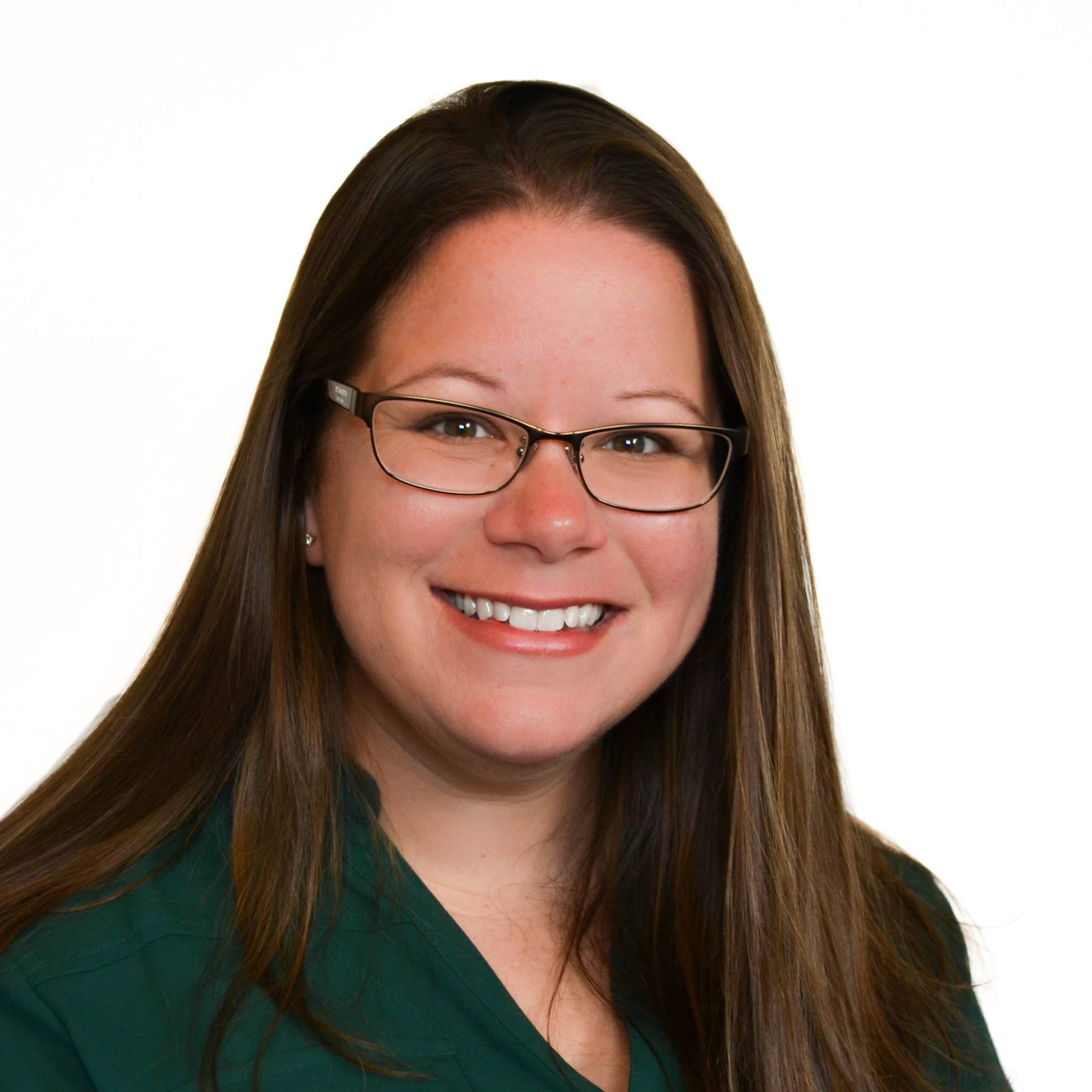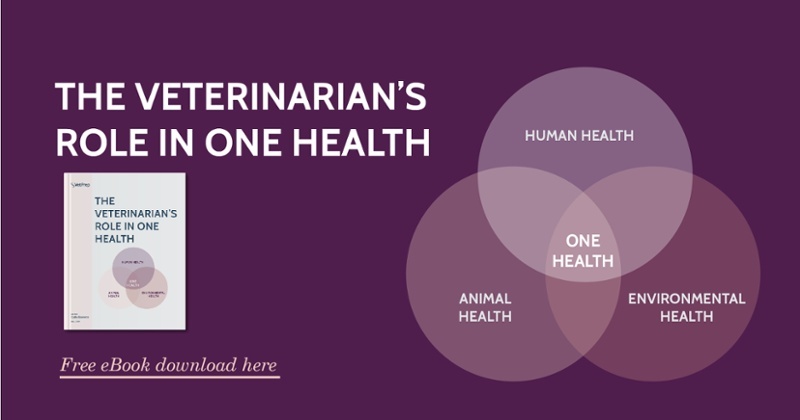
Veterinarians are trained to work on multiple species, focus on herd health, and look at “the big picture.” For this reason, we are uniquely positioned to work in the field of public health.
Whether you’re currently interested in a career in public health, or planning to pursue a more conventional career in clinical practice, an understanding of public health options can be beneficial! Plans and goals often change over the course of our careers; therefore, it’s important to explore all aspects of veterinary medicine.
What do public health veterinarians do?
Public health veterinarians focus on the interaction between human and animal health.
Although that may seem like an overly-broad description, the reality is that public health veterinarians serve in a wide variety of roles and often experience considerable variation in their work! It’s hard to narrow down the work of public health veterinarians into any single task. Public health vets maintain the safety of our food supply, prevent and control infectious disease, collaborate with physicians, prepare for natural or man-made disasters, influence governmental policy, and carry out many other duties, depending on the vet’s particular position and role.
Where do public health veterinarians work?
 While public health veterinarians may work for a variety of employers, many public health vets work for one of the following organizations:
While public health veterinarians may work for a variety of employers, many public health vets work for one of the following organizations:
Many vets begin their public health career with the United States Department of Agriculture (USDA), working in food safety. Veterinarians working for the Food Safety Inspection Service (FSIS) enforce public health requirements in slaughterhouses and meat processing plants around the country, ensuring that the nation’s food supply is safe. Some of these vets remain in this setting long-term (many vets find this work very rewarding!), while others use this position as a stepping stone to other roles within the USDA.
Other federal organizations that employ veterinarians include the Centers for Disease Control (CDC), the National Institutes of Health (NIH), and the Food and Drug Administration (FDA).
State and Local GovernmentAlmost every state employs a State Public Health Veterinarian (SPHV). This individual works for the state health department and is responsible for the control of zoonotic disease. Rabies control typically occupies a significant portion of a SPHV’s time, but other responsibilities are also involved and may vary according to the state.(1)
Additionally, each state has a State Veterinarian. This individual works for the state department of agriculture and is focused on protecting the health of the state’s livestock. While this role is less directly related to public health, livestock diseases can certainly have impacts on human health and this may also be a good option for a veterinarian who is interested in public health.
Veterinarians may also take on other roles in state and local health departments. Some states/counties may have additional veterinarian-specific roles in public health, while other veterinarians utilize their transferable skills to qualify for a public health role that is not specifically intended for veterinarians.
MilitaryMilitary veterinarians work in food safety, disease monitoring, communicable disease control, and other public health functions. These veterinarians may work within any branch of the military. Veterinarians may be stationed within the U.S. or overseas.
What education is necessary for a public health career?
Educational requirements vary, depending on the position.
Many federal veterinarians enter the field of public health through the USDA FSIS (working in a slaughterhouse). These positions typically do not require additional education beyond a DVM/VMD. Veterinarians who begin their public health career in this manner may be able to advance in the USDA without additional schooling, depending on the role.
Veterinarians with a special interest in public health may choose to pursue a Master of Public Health (MPH) to gain additional education. These programs can be completed in-person (some veterinary schools offer combined DVM/MPH programs) or via distance education.
A Master of Preventive Veterinary Medicine (MPVM) is another master’s degree program that can lead to a career in public health. There are similarities between MPH/MPVM programs(2), but a MVPM incorporates a greater focus on veterinary medicine and infectious disease.
How do I find a job in veterinary public health?
Many veterinary public health jobs are offered by the federal government. These jobs can be found online at www.usajobs.com (the official employment website for the U.S. government).
Individual states also typically have a website that lists available jobs within that state. State health or agriculture department positions are likely to be listed on the state’s employment website.
Internet searches and online resources, such as Indeed® and LinkedIn®, can also be used to find positions in veterinary public health.
Finally, never underestimate the importance of networking. Find individuals who are doing the type of work that you want to do, by attending conferences and making online connections. Networking can be an excellent way to learn of available opportunities.
Where can I learn more about veterinary public health?
While there are many online resources available for veterinarians interested in public health, the following sites should get you started on your path to learning more:
- American Public Health Association: www.apha.org
- National Association of State Public Health Veterinarians: www.nasphv.org
- Public Health Foundation: www.phf.org
- United States Animal Health Association: www.asaha.org
- World Health Organization: www.who.int/en/
References
- National Association of State Public Health Veterinarians. About State Public Health Veterinarians. Retrieved from http://www.nasphv.org/aboutPHVs.html
- UC Davis School of Veterinary Medicine. MPVM vs. MPH. Retrieved from https://mpvm.vetmed.ucdavis.edu/about/mpvm-vs-mph
The Veterinarian's Role in One Health
One Health is an approach to medical problem-solving that acknowledges the interconnectedness of human health, animal health, and environmental health. This free PDF covers the following topics:
Just complete the short form and you will get the download link! |



